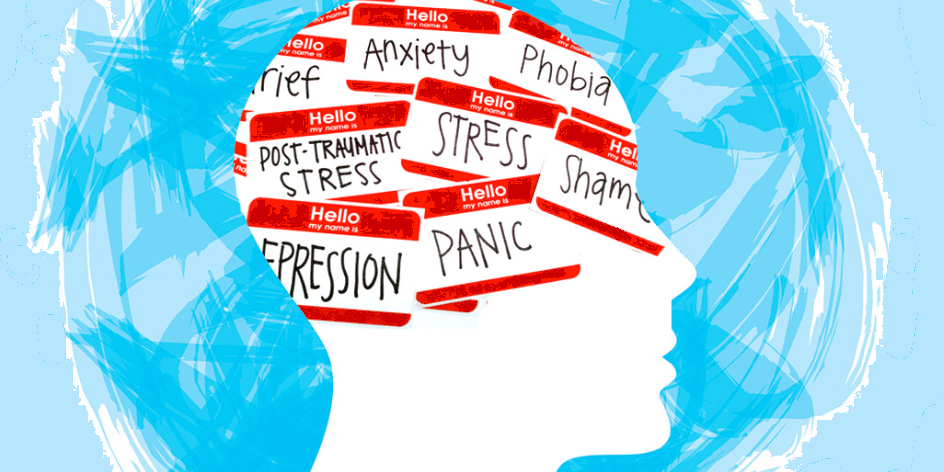Human lives are quite often hectic and stressful. If anyone ever has extreme anxiety then he or she would know how much it may harm the mental health.
You can prevent letting stress take over your life by learning strategies to keep calm and comfortable.
There are five measures you can take to improve your mental health and wellbeing, according to studies. These activities may make you feel more joyful and capable of getting the most out of life.
What are the benefits of having healthy mental health?
Your physical, mental, and social well-being are all part of your mental health.
It has an impact on the way you think, feel, and act and also influences how you deal with stress, and interact with people.
Mental health is vital at all stages of life, including a child, youth, and maturity.
We have compiled a list of some of our most useful advice to assist you in taking care of your mental health. Pushpita Karim writes.
Exercise regularly
Physical health is interlinked with general well-being. It has a significant impact on mental health, which should be always healthy. Habits like daily exercise, a balanced diet, and adequate sleep are essential. Exercise promotes the release of endorphins, which are feel-good chemicals, and a healthy diet can assist to alleviate depression symptoms. By producing the feel-good hormones serotonin and dopamine, exercise can help enhance your general mood and fight anxiety and sadness.
Meditate regularly
Stress can build up in your body and mind over time, wreaking havoc. Training your mind to relax actively is one of the most effective strategies to combat this.
Meditation entails concentrating your mind on a particular and returning to it repeatedly. It is effective in treating stress, both positive and negative.
Moreover, meditation can help with anxiety, chronic pain, melancholy, cardiovascular disease, and hypertension.
Firstly, you may find meditation hard. It requires effort, but it can be a very effective tool for dealing with difficult or stressful periods in life.
Get plenty of sleep
Better sleep has also been related to improving mental health studies says.
According to studies, the average adult needs 30 minutes of exercise each day and 7 to 9 hours of sleep per night.
Sleep is necessary because it allows your body and mind to rest and reset. Sleep can also have an impact on emotions. If you don’t get enough sleep at night, you may get irritable, and your physical and mental health may suffer as a result.
Connect with people and nature
Humans are, by nature, sociable beings.
According to a Harvard Health study, having strong social relationships has been shown to decrease depressive symptoms. On the other hand, nature is a natural healer.
Do you need an energy booster? If you are not doing well with your mental health you can go on a tour to a natural, greenery full of fresh air place. Your mind will automatically be filled with joy.
Spending even five minutes outside can improve your mental health by increasing your mood and self-esteem, according to research. Connecting with nature has also been shown to have a number of additional health advantages, including improved immunity, improved emotions, and lower stress.
Eat healthy
Are you aware that eating well has a mental impact?
For a variety of reasons, eating well is essential. You can improve your overall well-being and reduce anxiety and tension by eating healthy foods that are high in key nutrients.
To promote your mental health, eat plenty of fruits and vegetables, as well as meals high in omega-3 fatty acids, such as salmon.
Dark green leafy vegetables, in particular, provide brain protection. Also beneficial to the brain are nuts, seeds, and legumes such as beans and lentils.





